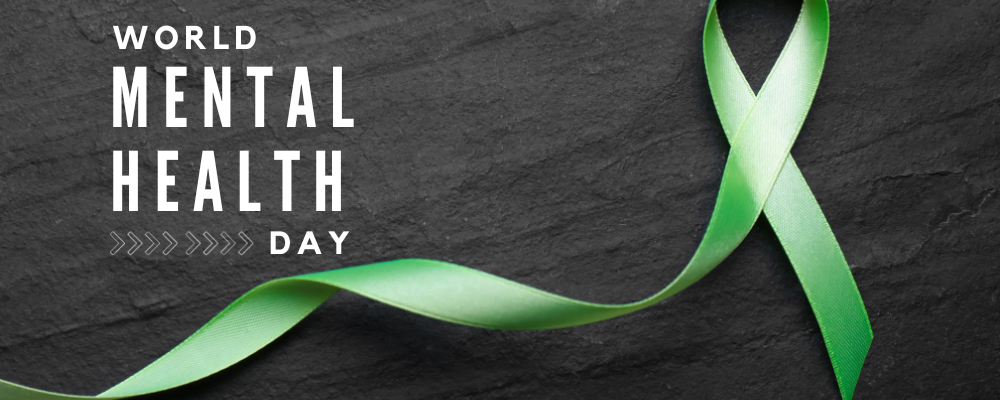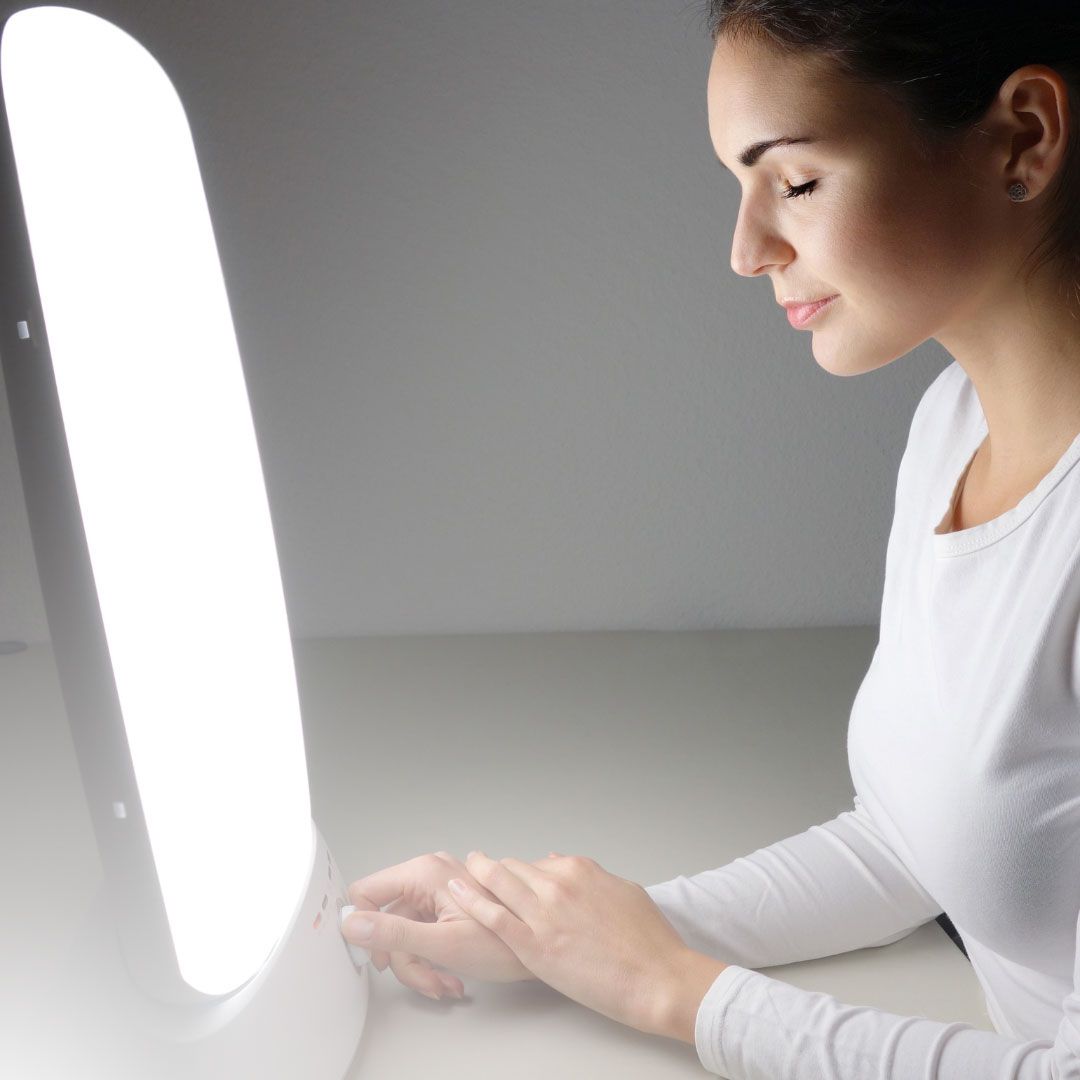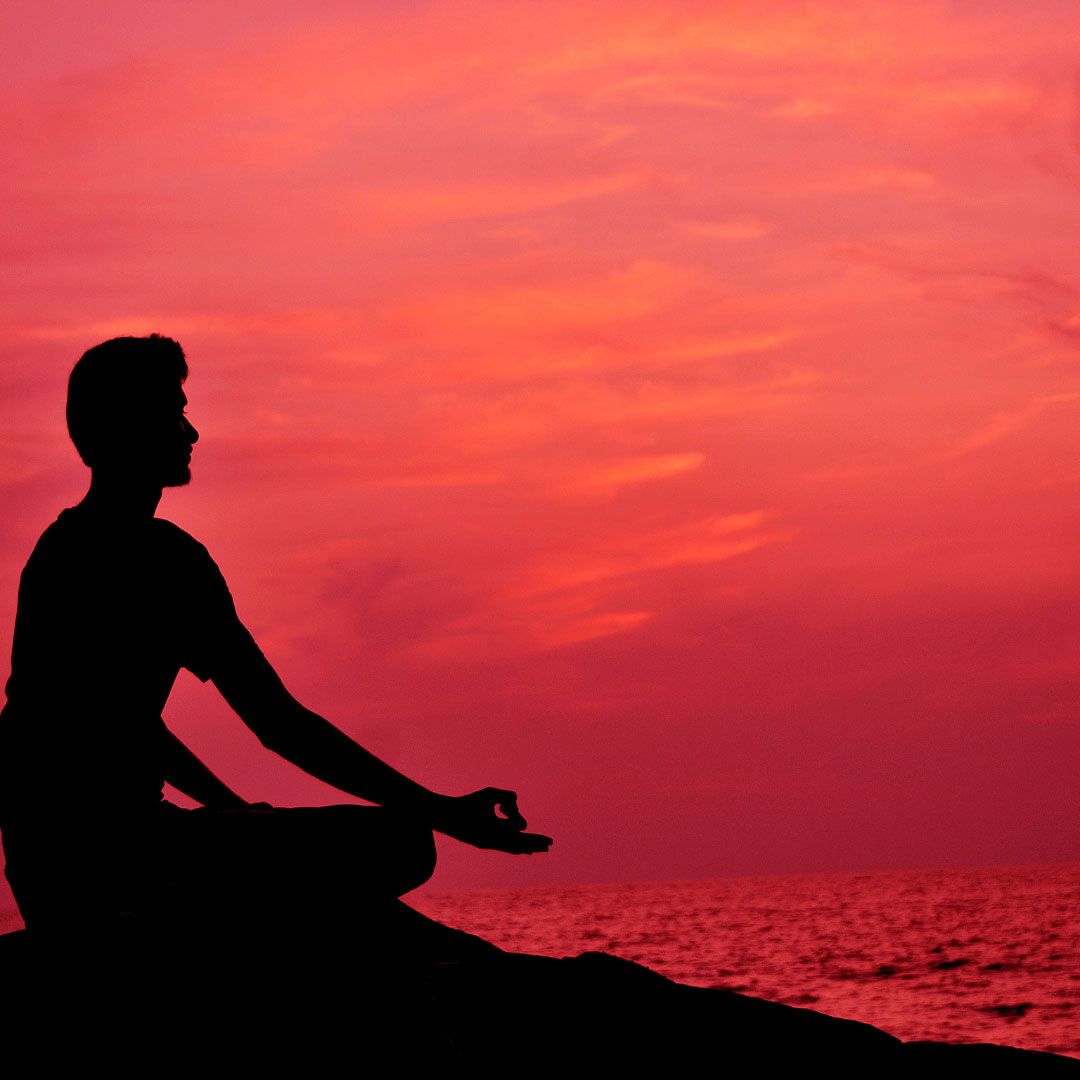The Importance Of Sleep To Mental Health
On World Mental Health Day (10th October) our resident sleep expert, Natalie Pennicotte-Collier, prepared a blog on the link between sleep and mental health and some simple tips to aid a better night’s sleep.

Sleep is crucial for our health, helping our bodies to recover whilst we rest, but did you know that hitting the hay can also be beneficial for your mind and wellbeing?
Not getting enough shut-eye can increase our risk of mental illness and we often also find that those suffering with their mental wellbeing report disrupted sleep. A nasty cycle can result where insomnia or a lack of sleep can exacerbate the feeling of a negative mind space.
Some research has even shown that insomnia or reduced sleep can be a risk factor for developing an anxiety disorder, whilst those who suffer from panic disorder, phobias and even obsessive-compulsive disorder (OCD), often report having sleep problems.
With over 10 years of experience as a specialist sleep expert and clinical therapist, I’ve seen first-hand how continued poor sleep crucially fails to provide emotional respite during times of distress. It can impact how we regulate our mood, and thereby increasing our risk of negative thoughts and potentially worsening already complex mental illnesses.
If you’re suffering with any low moods or mental health problems, it’s always best to seek professional help. Your local Mental Health Trust and Mind, the mental health charity, is a good place to start if you want to search for specialists in your area. However, there are also some small steps you can take to try to encourage a better night’s sleep and encourage positive feelings and better wellbeing.
Step 1 – Fresh Air
Research shows that spending time outdoors in the fresh air can really help to boost your mood. It’s surprising how a gentle stroll surrounded by nature can give you a completely new perspective. Sometimes it’s simply the change of scenery that helps. Getting outside in the sunlight will also give you a much-needed vitamin D boost and is also helpful if you experience seasonal affective disorder (SAD), a type of depression that affects people during particular times of the year.

Step 2 – Exercise
People who exercise regularly often do so because it gives them a huge sense of well-being. They feel more energetic throughout the day, sleep better at night, and feel more relaxed and positive about themselves and their lives. As such, exercise is a powerful medicine for many common mental health challenges.
Step 3 – Light Therapy
As we enter Autumn and the nights start to draw in, light therapy can help to improve brain chemicals linked to mood and sleep, easing SAD symptoms and depression. Specialised artificial light emitting devices act like a personal sunrise, with a gradually brightening light that gently wakes you from sleep so that you feel more energised and ready for the day ahead.

Step 4 - Meditation
If you’ve never tried meditation before bed, it can work wonders in ensuring you get a deep, relaxing sleep. Sleep meditation is a practice that uses time-tested techniques such as visualisation or controlled breathing. It is usually experienced through a relaxing guided meditation track. Not only will it help you sleep better it will also make you feel more relaxed and calm throughout the day. Explore some example meditations on the here.
If sleep is causing you trouble, World Mental Health Day is the perfect time to make a change. Try out these four steps to better sleep that are guaranteed to improve your emotional well-being.
Top articles for wellbeing
Not sure where to start?
hypnos can help Find a bed that’s perfect for you
experience hypnos
Visit Our Expert retailers nationwide
find a retailer**Whilst some of our retailers carry our core ranges, many have ranges exclusive to them.






